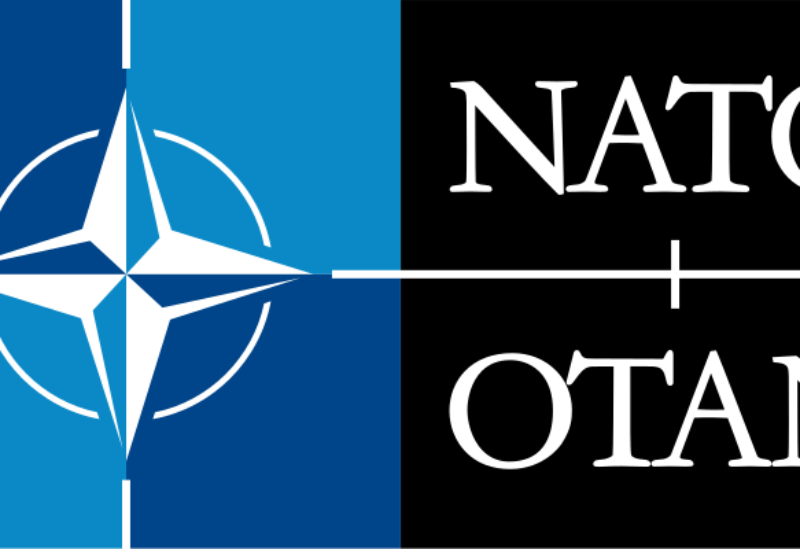
NATO Logo
In the 30 years since the collapse of the Soviet Union, which heralded the start of the post-Cold War era, there has been much discussion about what role NATO ought to play in the world. How might it adapt to new and evolving challenges emanating from regions beyond its traditional geographic remit, particularly the Middle East and North Africa (MENA)?
Although Article 6 of the 1949 North Atlantic Treaty, the organization’s founding document, defines its area of responsibility as “the North Atlantic region north of the Tropic of Cancer,” a new report from the Arab News Research & Studies unit aims to highlight why the MENA region is important to NATO, what common interests they share, and how the organization might better engage with the region.
“While not strictly part of its area of responsibility, NATO cannot ignore the MENA region,” writes Luke Coffey, the report’s author and director of the Douglas and Sarah Allison Center for Foreign Policy at the Heritage Foundation, in the document’s introduction. “Historical and recent events show that what happens there can quickly spill over into Europe.”
Coffey highlights several sources of instability emanating from the region, which stretches from the eastern Atlantic Ocean through North Africa and on to the Middle East. These include demographic pressures, increased commodity prices, interstate and intrastate conflicts and tribal politics.
“A decade after the start of the so-called Arab Spring, many geopolitical challenges remain in the region, from the rise of transnational terrorism to the nuclear threat and state-sponsored terrorism from Iran. Many in NATO therefore have rightly decided to place a renewed focus on working with regional partners on the southern periphery of the alliance.”
Competition over water and other natural resources, religious tensions, revolutionary tendencies, terrorism, nuclear proliferation and proxy wars involving regional and global actors offer further cause for concern at NATO HQ.
And because the region contains some of the world’s most vital shipping lanes, energy resources and trade choke points, seemingly minor conflicts and disasters have been shown to have major ripple effects on global trade, oil prices and distant economies.